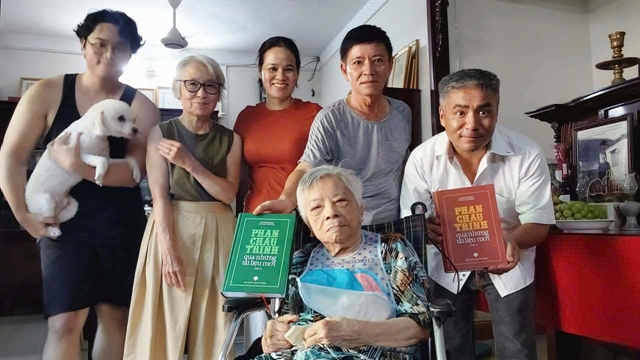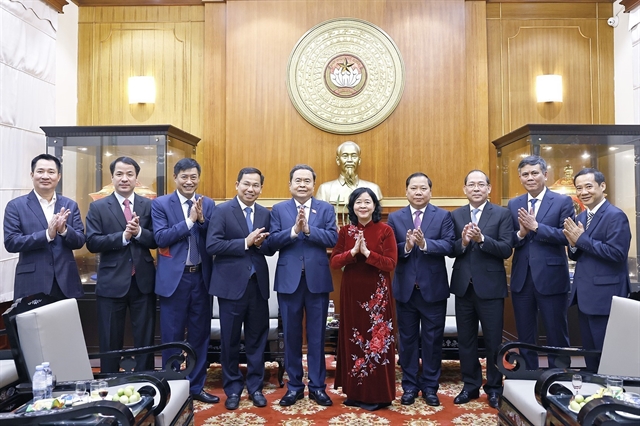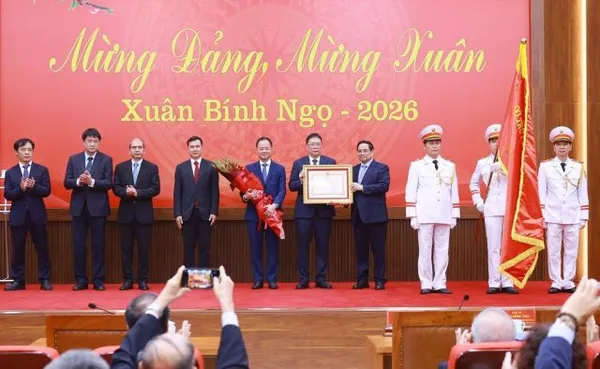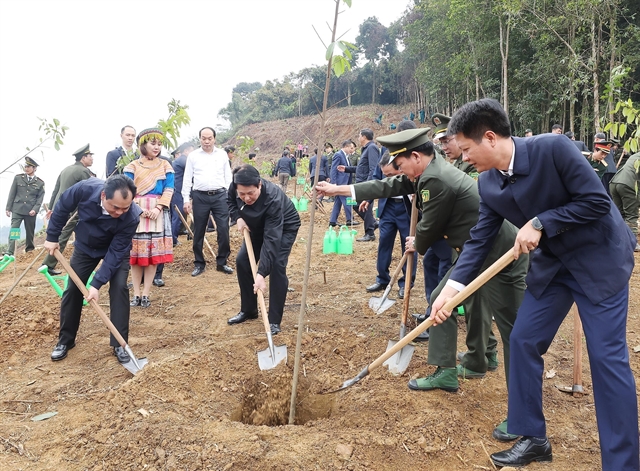 Society
Society
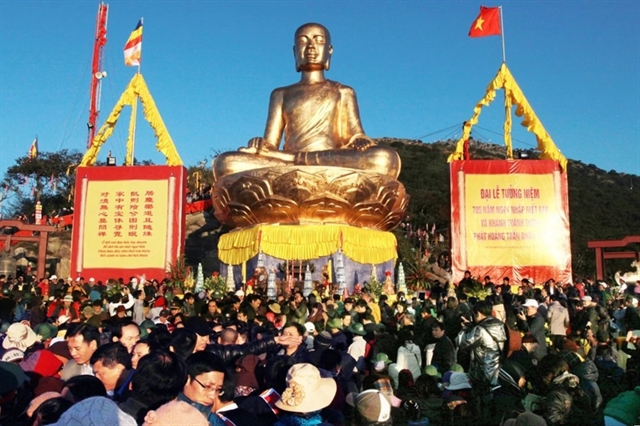
" />A number of ethnic people in the Central Highlands province of Gia Lai have leased out their land in order to raise funds to build houses or cover other expenses.
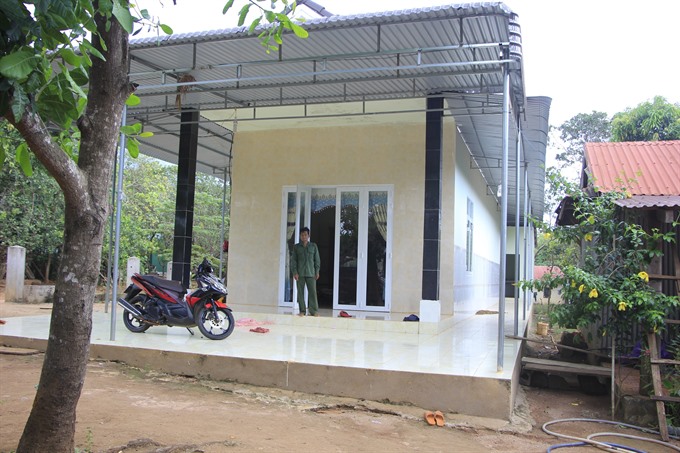 |
| A resident of La O Commune in Ia Grai District leased 1ha of cashew farm for 14 years to raise money to build a new house for his family. — VNA/VNS Photo Hồng Điệp |
GIA LAI — A number of ethnic people in the Central Highlands province of Gia Lai have leased out their land in order to raise funds to build houses or cover other expenses.
The problem is that by giving up their land they lose their only means of making a living, and some even return to work on the same land they have leased out because they have no other option.
This situation had raised concerns over the economic development of the region and negative social impacts, Vietnam News Agency reported.
The issues has led to overexploitation of land and water resources, leaving much of the land in question barren when the leases expire.
Most ethnic people don’t use the money paid by leaseholders to develop their household economies, and when the money runs out, they are left penniless and jobless without land to cultivate. This is threatening social security in the region and leads to the growth of social evils such as theft and drug-addiction.
According to Rơ Mah Jem, deputy chairman of La O Commune in Ia Grai District, more and more ethnic people had been leasing their cashew farms over the past few years.
The commune has about 1,200ha of cashew plantations.
Some households retain a small plot for cultivation, but most rent out all their land, leaving many labourers unemployed.
Siu Phú, a local resident, said to raise money to build a new house, his family had leased 1ha of land on a 14-year contract.
His family had seven members but only 5,000 sq.m for rice cultivation, so they all had to do odd jobs to make a living.
When the cashew season arrives, his family collected the nuts for traders who had leased the land that they used to cultivate, he said.
Farmers can earn VNĐ80 million (US$3,428) per 1ha of cashew, but only VNĐ65 million ($2,142) from leasing the land.
A similar situation has been reported in Chu Sê District.
Rơ Lan Bat, who lives in the district’s Ia Tiêm Commune, said he had leased out his 1ha coffee plantation for 10 years for VNĐ300 million (US$12,850).
He spent the money on building a mini football stadium, but was unable to turn his ambitious enterprise into a profitable business.
“I regret leasing my land. I can’t do anything now until the lease expires so I can return to growing coffee,” he said.
According to Cao Văn Truất, chairman of Ia Tiêm Commune, ethnic people account for 50 per cent of Gia Lai Province’s population.
Low levels of education and lack of access to advanced science and technology had resulted in the fact that their industrial crops had low productivity. Traders often took advantage of the situation to persuade local residents to lease their land, Truất said.
There were also legal risks regarding leasing farm land in the region, he said
Most agreements between tenants and landlords were not certified by local authorities, so it was difficult for them to intervene in disputes.
He also said that local authorities had advised people who had leased their land to invest in production rather than individual pursuits.
To deal with the situation, Đào Lân Hưng, head of Ia Grai District’s Agriculture and Rural Development Division, said local communes had been asked to advise local residents not to lease their land but instead focus on improving the quality of produce.
A programme to help farmers adopt intensive farming techniques and high quality cashew with a view to ensuring the sustainable development of industrial crops should be initiated, he said. — VNS

_med.jpg)
